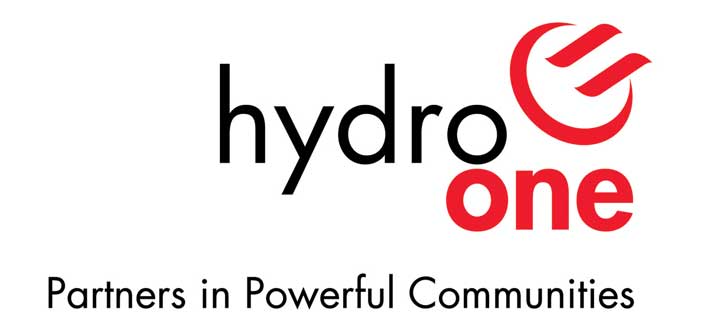Middle class taxes should be the tip of the iceberg
The House sat for one week before Christmas and primarily dealt with the middle class tax break that was a central plank of the Liberal campaign. Since both the Liberals and New Democrats ran on platforms that stressed re-organizing taxes in this bracket it was no surprise that NDP MPs supported the government’s proposal, but that doesn’t mean that it couldn’t have been done in a better way.
What set the party’s proposal apart had more to do with where the tax burden should fall once the middle class rate was reduced. The government chose to increase rates up the chain, where New Democrats would have preferred to change the rate corporations is charged. Our reasoning was based on the fact that we could raise that tax by two percent and still have a competitive corporate rate lower than the United States.
It should also be more difficult for corporations to hide their money than it is for wealthy Canadians. That last point may prove to be sticky for the government that is counting on higher income earners to merely accept the increase and pony up the dough.
With the changes, people who earn over $200,000 are seeing their rate increase while those getting the largest break butt right up against the bracket. That means someone earning $197,000 will receive a break of about $680 a year. Incredibly, someone earning $45,000 which is just shy of the Canadian average, will receive nothing.
The fact is that concentrated wealth does not allow our economy to perform optimally. Like it or not, we are increasingly consumer driven. By redistributing wealth to more cash-strapped households, money should move from savings to those who will potentially spend it which helps the economy.
This is not to disparage savings in any way. Canadians need to do more of it, but that can’t happen if the cash isn’t there. Our tax system was favouring higher earners and causing hard-working families to pay a greater share of the burden, so it is only reasonable to address it. This minor redistribution may allow more middle class Canadians to sock away a few bucks too.
Sadly, the tax break won’t make a big difference for most people, especially those living in poverty-which should be seen as a more pressing need. That said, the fact that we are willing to have a conversation about the way our tax system affects wealth distribution is not bad news, especially if we don’t stop at the one flashy election promise.
That’s why New Democrats will encourage the government to do something for people who didn’t get a break this time and remind them of our willingness to support policies that will help those who are truly struggling. Again, we have only had a week of debate, so it is far too early to say whether a change in government will amount to a change in fortunes for most Canadians. Still, the precedent has been set and we will do our part to make sure that the government remains seized with inequity as a dominant issue of this parliament.



